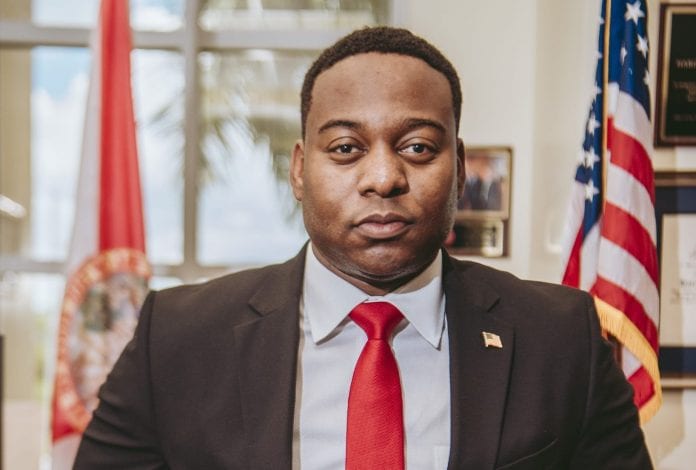For three years in the late 1980s and early 1990s, the Broward County Sheriff’s Office orchestrated a controversial anti-drug operation. Deputies produced crack cocaine, sold it to unsuspecting buyers, and then arrested those individuals for purchasing the drugs.
This practice was later ruled unconstitutional by the Florida Supreme Court in 1993, which described the actions as “outrageous” and a violation of due process rights.
More than three decades later, Broward County prosecutors are moving to rectify the lingering impact of the program.
State Attorney for Broward County Harold Pryor announced Friday that his office would begin vacating arrests and convictions tied to these reverse stings. “It is never too late to do the right thing,” Pryor said.
He emphasized that while these cases may seem like a distant memory, “they have had a long-lasting and severe impact on the lives of the people who were arrested – as well as their families and the wider community.”
The Supreme Court Ruling and Its Aftermath
In its 1993 decision in State of Florida v. Leon Williams, the Florida Supreme Court ruled that the Sheriff’s Office’s method of manufacturing and distributing crack cocaine crossed a legal and ethical line. Despite the ruling, many convictions from the stings were never formally vacated, leaving individuals with criminal records that continued to affect their lives.
Some of the charges carried serious consequences, including mandatory prison terms for arrests made near schools. “The damage done during that era remains,” Pryor said, noting that the convictions could hinder individuals’ ability to secure housing, employment, and other opportunities.
The recent push to address the issue arose during an audit of old records slated for destruction. The review uncovered hundreds of cases tied to the stings, some of which had exceeded the statutory retention period but were still on file. According to the State Attorney’s Office, estimates suggest up to 2,600 individuals may have been affected.
“These matters were well before our tenures,” Pryor wrote in a letter to Broward County Sheriff Gregory Tony. “However, I am of the opinion that the State has an ethical duty and obligation to correct this injustice before destruction [of old records] is initiated.”
Sheriff Tony expressed full support for the initiative, saying, “I agree it is the right thing to do.”
Prosecutors will review the affected cases and file court paperwork to vacate or remove the convictions. Individuals affected by the operation will not need to reach out to the State Attorney’s Office; instead, staff will attempt to contact them directly.
Pryor explained the importance of the effort, saying, “These records are not just paperwork; they represent real people whose lives have been deeply impacted. The methods used by law enforcement and society to combat drug dealing have evolved since that era, but the harm done to these individuals has persisted.”
Assistant State Attorneys Joel Silvershein and Steven Klinger will lead the review, which is expected to be a lengthy process. Pryor acknowledged the challenge but stressed its necessity. “Correcting this injustice is not just about the law—it’s about restoring dignity to those who were wronged.”















